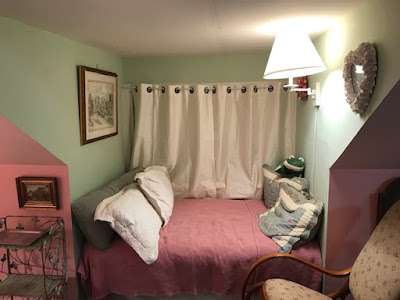On Looking
In her book On Looking: Eleven Walks with Expert Eyes, Alexandra Horowitz asks us to look at the world with the wonder of a child and the expertise of geologist, entomologist, illustrator or other professional observer.
Horowitz’s simple and elegant argument: that we cease to really see the world we inhabit because we become so accustomed to it. Through a series of strolls with those trained to see what we do not, Horowitz urges us to “look, look!”
In one of my favorites so far, she ambles with the typographer Paul Shaw. He points out the text on a manhole cover, ghost writing on the sides of buildings, and always and everywhere, the type itself: the thickness of a serif, the placement of a crossbar, and the humanistic qualities of the letters, a “long-legged” R and a”high-waisted” S. After a few hours of this, Horowitz realizes she “had been blithely walking by undiagnosed lettering disasters my whole life.”
But after her stroll with Shaw, she sees not just the words but the letters that compose them. “Walking back to the subway, I glanced down at my feet as I crossed the street. Look was painted on the sidewalk where I stood. I will — but I feel sure that now, my vision changed, the letters will find me.”










